KEY CONSIDERATIONS FOR TENANTS IN LEASE DISPUTES
If you are a tenant and have a dispute with your commercial, retail or industrial landlord it is critical that you act immediately and in an appropriate manner.
This is particularly critical if you have received a Notice to Remedy Breach.
Below are some basic tips regarding lease disputes:
Notice to Remedy Breach
As a starting proposition, it is critical for a tenant to check if a Notice to Remedy Breach issued by a landlord is valid, as these notices are very often defective. Complying with a defective notice without advice may be prejudicial to a tenant's position under the lease.
The Queensland Supreme Court decision of Tyrell & Anor v Jescro Enterprise Pty Ltd [2017] QSC 55 reiterated the strict or substantial compliance required for landlords issuing Notices to Remedy Breach.
A Notice to Remedy Breach, or more particularly, a Form 7 Notice to Remedy Breach issued pursuant to Section 153 of the Property Law Act 2023 (Qld), is the notice given by a landlord to a tenant when the tenant has breached one or more lease covenants (such as the covenant to pay rent, the covenant to only use the premises for the permitted use or the covenant to refrain from prohibited activity etc.).
The Case
The decision in Tyrell & Anor v Jescro Enterprise Pty Ltd highlights how difficult it is for a landlord to issue a compliant Notice to Remedy Breach.
If a landlord fails to issue a compliant Notice to Remedy Breach, this renders the notice invalid, ineffective and potentially very costly for the landlord. It also represents an opportunity for a tenant to ensure they are in the best position possible in relation to their lease.
In Tyrell & Anor v Jescro Enterprise Pty Ltd, the landlord issued a notice to remedy breach to the tenant, and subsequently relied on that notice to terminate the lease.
However, the notice issued by the landlord did not include the “Note” which appears in the former approved version of the form.
The former approved Form 7 Notice to Remedy Breach of Covenant contained the following as part of the form:
“[Note: The lessor will be entitled to re-enter or forfeit the lease in the event of the lessee failing to comply with this notice within a reasonable time – see section 124 of the Property Law Act 1974.]
[Additional note: If arrears of rent or other periodic payments are being claimed, it should be made clear the amounts involved and the periods to which they relate; eg base rent: March 1995 - $x..]”
Initially, the Court noted that “it has long been accepted that a failure to include the note was fatal to the validity of a notice given under s 124 …”
The landlord tried to argue that its covering letter issued with the Notice contained the same essential information as the “Note” in the form. The Court rejected that position, stating that “it is the Notice which must be in strict or substantial compliance with the approved form".
The landlord also tried to suggest that the “Note” would not have added anything to what was already contained in the notice it had issued. The Court did not agree and gave a number of reasons why, reiterating that only strict or substantial compliance will result in an effective and valid notice.
It is abundantly clear, as a long held, and now recently confirmed, point of law, that landlords must take extreme care in the preparation and issuing of a Form 7 Notice to Remedy Breach. The approved form must be strictly complied with in order for the notice to be valid and effective.
There are many ways in which the Notice to Remedy Breach may be defective, and it is strongly recommended that tenants seek legal advice and engage experienced property lawyers if they have received a notice to remedy breach. Complying with a Notice to Remedy Breach without advice may be prejudicial to the tenant's position under the lease.
Be Aware
Courts have found that serious legal steps (waiver, termination and repudiation) are often completed by the parties unknowingly and by very simple steps such as text messages, emails and conversations between parties or by other ‘typical’ steps such as ceasing to trade or withholding of rent etc.
Failing to act immediately in an appropriate manner could lead to:
waiver - where you lose your rights as a result of the landlord's breach;
termination - where, based on your actions, the landlord accrues a contractual right to terminate the lease and sue you for damages and/or compensation; or
repudiation - where you show an intention not to be bound by the lease at all, in which case the landlord may accrue rights to terminate the lease and sue you for damages and/or compensation.
Some practical examples of this are:
If a tenant ceases trading and ceases paying rent without the landlord's agreement, this may constitute repudiation and your landlord may be entitled to sue you for damages and/or compensation.
If you send a simple text message or email to the landlord suggesting that you won't pursue them for a particular breach of the lease – you may have waived (and lost) your legal right to ever do so.
If you receive a notice to remedy breach and it is not completed correctly, complying with it may waive your right to object to the notice.
If the landlord permits a new tenant to occupy the premises next door to you, and the new tenant's use interferes with your use, the landlord may be in breach of your lease and you may be entitled to terminate and/or sue the landlord for damages and/or compensation.
In the case of Aussie Traveller Pty Ltd v Marklea Pty Ltd (1998) 1 Qd 1, the landlord was held to be in breach of its covenant of quiet enjoyment to a tenant because it had control over an adjoining tenant who was causing substantial interference with the initial tenant.
In that case, it was held that the landlord was in a position to control the tenancy creating the interference and had an obligation to the first tenant to do so.
The landlord was held liable for the actions of some of its tenants and was made to pay the first tenant damages and interest as a result - an outcome that could have been avoided with appropriate advice and action.
It is clear that the parties involved in a lease dispute should obtain detailed legal advice on their position from the outset, as steps taken at any stage of a dispute can have a determining effect on the outcome of the matter.
Our team have extensive experience acting for clients in a vast array of lease disputes, and, led by Simon LaBlack, 1 of only 25 accredited specialists in property law in Queensland, our team have the expertise and technical edge to ensure that your rights are protected and to give you absolute peace of mind. Click HERE or contact us below for more information about our leasing experience.
Important Disclaimer: The material contained in this publication is of a general nature only and is based on the law as at the date of publication. It is not, nor is it intended to be, legal advice. If you wish to take any action based on the content of this publication, we recommend that you seek professional advice.
“A solicitor who you can actually communicate with and have complicated legal jargon explained in terms that the working person can understand”
“Simon is someone you can trust as his personal integrity is unquestionable”
“I have been dealing with Simon for more than 5 years and am very happy with his legal advice. Excellent service. Highly recommend.”






